Last updated: July 11, 2025
Pet adoption in Singapore is more important than ever as the country embraces a growing number of people looking to provide loving homes for pets in need. However, despite the increasing awareness around adoption, it is still widely misunderstood. Many potential pet owners have misconceptions about the process, leading them to hesitate before making the rewarding decision to adopt a dog or cat.
In this blog, we’ll debunk these misconceptions, helping you make an informed decision when considering adoption and ensuring that your new furry companion has the best chance at a happy and healthy life. We’ll tackle the most common myths about pet adoption in Singapore!
Myth #1: "Adopted Pets Are Always Older and Have Behavioral Issues"

One of the most common misconceptions about pet adoption is that shelters mainly have older pets or animals with behavioral problems. Many people believe that only senior dogs or cats are available for adoption, and that these pets are more likely to have behavioral issues due to their past experiences.
Reality:
While it's true that some pets in shelters are older, there are plenty of puppies, kittens, and young adults available for adoption. In fact, many animal shelters and rescue organizations in Singapore have a wide variety of animals at different life stages. The idea that shelters only house older pets is a myth that deters potential adopters from considering younger pets in need of a home.
Furthermore, the notion that adopted pets come with behavioral problems is often exaggerated. Shelter staff typically assess the behavior of animals before they’re made available for adoption. Many pets are surrendered due to reasons unrelated to their behavior, such as family relocation, financial constraints, or lifestyle changes. While some animals may need extra time to adjust, most are well-socialized, especially those in foster care, and will quickly adapt to their new homes with proper training and patience.
Myth #2: "Adopted Pets Are More Likely to Be Sick or Have Health Problems"
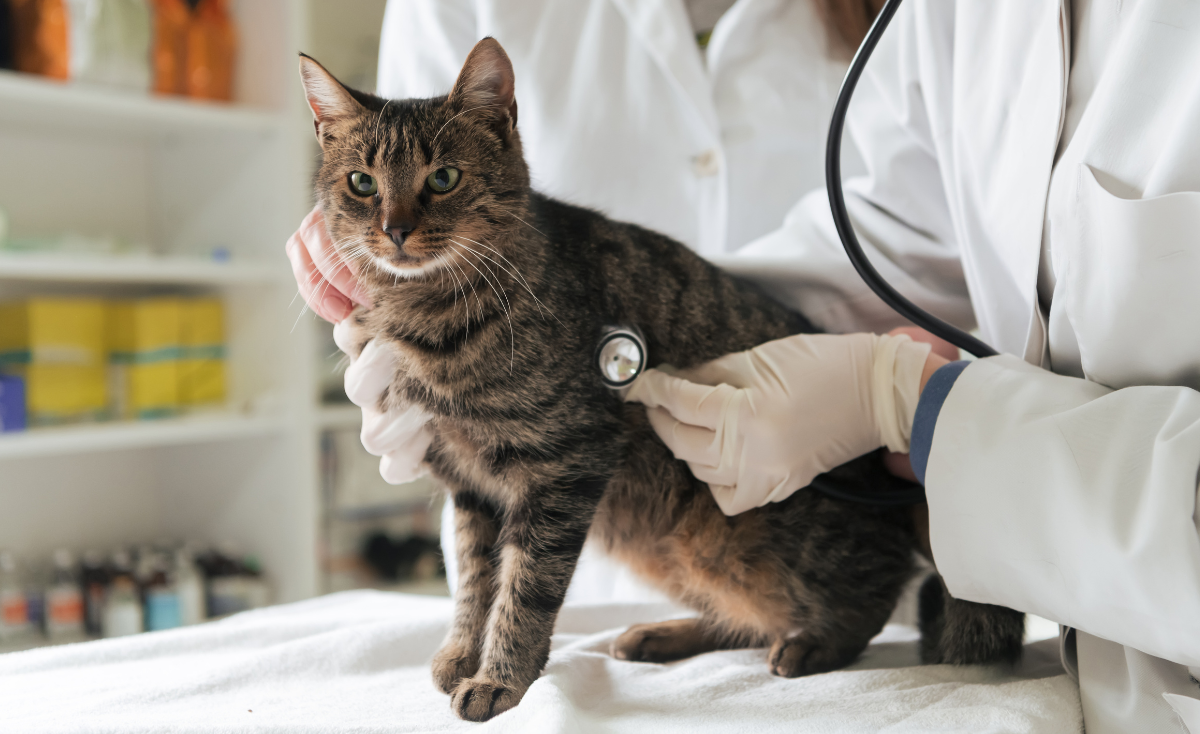
Many people believe that adopting a pet from a shelter or rescue group means dealing with potential health issues. There’s a common misconception that shelter pets are more likely to be sick or have medical problems because they’ve been abandoned or lived in less-than-ideal conditions.
Reality:
In reality, shelters and rescue organizations in Singapore go to great lengths to ensure that pets are healthy and ready for adoption. Before any animal is placed up for adoption, they undergo thorough health checks, vaccinations, and necessary treatments such as deworming. Many shelters also spay or neuter pets, and some even microchip them to ensure they are fully prepared for life in their new homes.
Most pets end up in shelters due to circumstances that have nothing to do with their health, such as changes in their owners’ living arrangements, financial difficulties, or the pet being lost or abandoned. These pets are often healthy and well-cared for while they are in the shelter, where they receive proper nutrition and medical attention. Many shelter animals have been vetted and treated by experienced veterinarians to ensure they are in good health before being put up for adoption.
Myth #3: "Adopting a Pet Is Too Complicated and Time-Consuming"
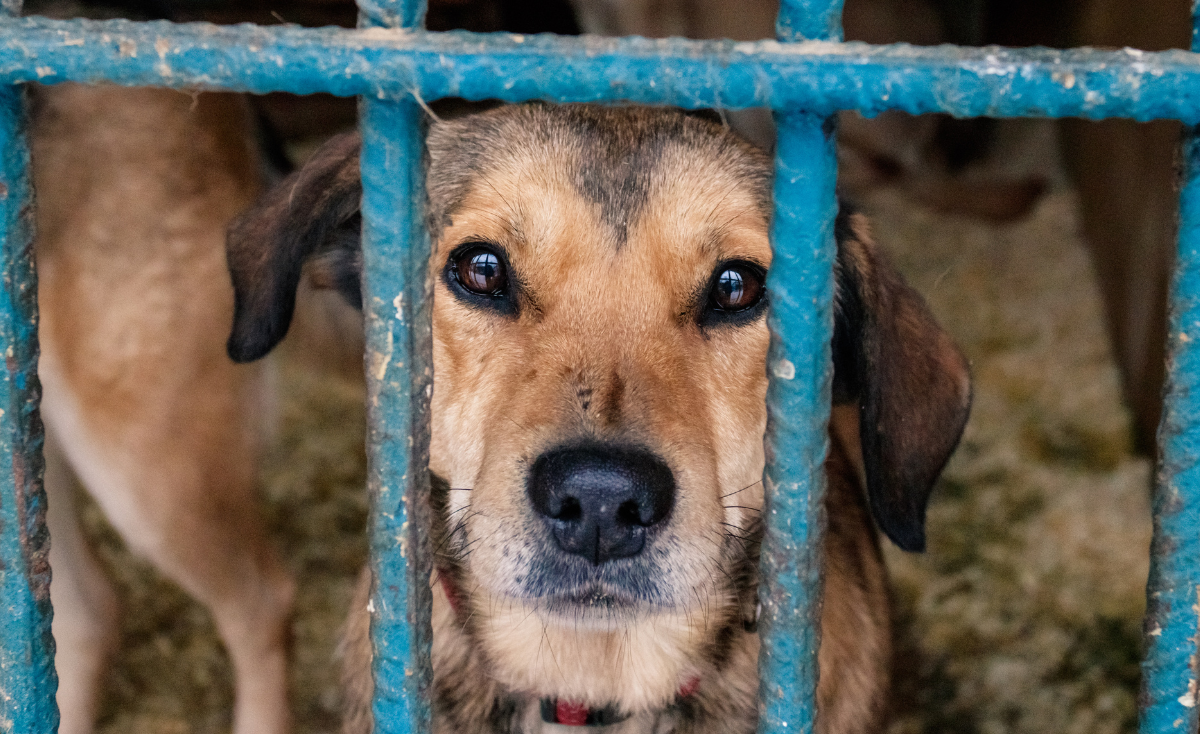
A common misconception about adopting a pet is that the process is overly complicated, time-consuming, and filled with bureaucratic red tape. Some people are deterred from adoption because they assume the procedure will be lengthy, with long waits and excessive paperwork.
Reality:
The truth is, the adoption process in Singapore has become much simpler and more streamlined in recent years. Many shelters and rescue groups have refined their procedures to make the experience as smooth and efficient as possible. While adopting a pet does require some time and effort, it’s nowhere near as complicated as many people think. The process is designed to ensure that pets are matched with families that can provide a stable and loving home.
The adoption process generally includes several clear steps:
- You will need to fill out an adoption application, where you’ll be asked about your lifestyle, experience with pets, and what type of pet you're looking for. This helps shelters match you with a pet that fits your home and lifestyle.
- Some shelters may conduct a brief interview or consultation to ensure you're ready for pet ownership. This may involve discussing your home environment, your daily routine, and your ability to meet the pet's needs.
- Depending on the shelter or rescue organization, a home visit may be required to ensure your home is safe and suitable for the pet. This step ensures that the pet’s new environment is pet-friendly, especially in terms of space, safety, and comfort.
- Most shelters charge an adoption fee, which typically covers the cost of vaccinations, spaying or neutering, microchipping, and other veterinary care. The fee is often significantly lower than the cost of purchasing a pet from a breeder and helps the shelter cover the cost of caring for the animals.
- In many cases, shelters allow you to meet with the pet you're interested in adopting before making a final decision. This helps ensure that the pet’s personality aligns with your expectations and that you’re comfortable with the adoption.
Disclaimer:
The information provided here is a general guide based on typical adoption procedures in Singapore as of July 2025. Adoption processes can vary by shelter or rescue organization. It’s important to check directly with the specific shelter or rescue group you are considering for the most accurate and up-to-date information on their adoption requirements and procedures.
Myth #4: "Adopted Pets Will Have Trust Issues or Be Unfriendly"

Many people assume that pets from shelters or rescue groups will have trust issues or be unfriendly due to their past experiences. This myth arises from the belief that animals who have been abandoned or mistreated will struggle to bond with new owners, making them harder to train and connect with.
Reality:
While some shelter pets may need time to adjust to their new surroundings, it’s a misconception that all adopted pets have trust issues or are unfriendly. In fact, many animals in shelters are incredibly loving, friendly, and eager to form strong bonds with their new families.
Pets may have been surrendered for reasons unrelated to their behavior—such as a family moving, a change in circumstances, or financial difficulties. As a result, many of these animals come to shelters with loving hearts and a natural desire to be cared for and loved. Shelters also take great care in assessing the temperament of the animals before adoption, ensuring that the pet is well-adjusted, social, and suitable for family life.
Myth #5: "Shelter Pets Are Not Purebred"

A common misconception is that shelters only offer mixed-breed pets, leading potential adopters to believe they won’t be able to find the specific breed of dog or cat they’re looking for in a shelter. This myth may discourage people from considering adoption, as they feel that only breeders can provide purebred animals.
Reality:
While it's true that shelters have a wide variety of mixed-breed pets, they also often have purebred dogs and cats available for adoption. In fact, many purebred animals end up in shelters due to unforeseen circumstances. Some purebred pets may also be surrendered because their owners are no longer able to care for them, or because they were not the right fit for the home.
In Singapore, there are also rescue organizations dedicated to specific breeds, such as the Singapore Special dog breed rescue groups or breed-specific rescue organizations for purebred dogs like Golden Retrievers, Poodles, or even Persian cats. These rescue groups are specifically focused on saving and rehoming purebred pets that have found themselves in shelters or in need of a second chance.
Furthermore, adopting a mixed-breed pet doesn’t mean compromising on the qualities you’re looking for in a dog or cat. In fact, mixed-breed pets often have a combination of desirable traits from different breeds, and studies show they can sometimes be healthier and have fewer genetic health problems than purebred animals, which can be more susceptible to inherited health issues.
Myth #6: "Adopted Pets Are More Difficult to Train"

One of the most common concerns for potential adopters is that shelter pets will be more difficult to train because of their past experiences. There’s a widespread belief that pets who have been abandoned or lived in shelters will be more challenging to house-train, learn commands, or adjust to new routines.
Reality:
The idea that adopted pets are harder to train than those purchased from breeders is a misconception. In reality, training is often more about the individual pet’s personality, age, and previous experiences, rather than whether the pet was adopted or bought. Many pets in shelters are well-socialized and already familiar with basic commands or house rules. In fact, shelter pets often adapt quickly because they have been exposed to a variety of environments and interactions while in the shelter or foster care.
Most shelter pets are not only ready for training but are eager to please their new families. With a little patience, consistency, and positive reinforcement, adopted pets can learn just as quickly as any other pet. Training an adopted pet is an opportunity to build a strong bond and establish clear communication, which can help your pet feel secure in their new home.
Shelters also often provide helpful advice and training tips for new pet owners, and many shelters or rescue groups even offer basic obedience classes or behavioral consultations to help pets settle in. It’s also worth noting that older pets in shelters may already be house-trained or know basic commands, making them easier to manage right from the start.
Myth #7: "Adopted Pets Will Be Difficult to Adjust to My Home"

A common fear among potential adopters is that pets from shelters will struggle to adjust to their new homes. This myth stems from the belief that because these animals may have experienced abandonment or difficult situations in the past, they will have trouble settling into a new environment.
Reality:
All pets, whether adopted or bought from breeders, need time to adjust to a new environment. Shelters and rescue organizations understand this and provide valuable tips, such as setting up a quiet space for your pet to feel safe and gradually introducing them to other areas of the house. Many shelter pets, especially those in foster care, are already familiar with home environments and are often quicker to adapt.
Pet Products to Help with Adjustment:
- Feeding: SMARTPAW Ultimate Smart Pet Feeder Gen 3 not only helps feed your pet on time but also has a camera to help you monitor them. Additionally, Smartpaw Wireless Pet Water Fountain Gen 2 encourages hydration & fresh, filtered water is always available.
- Cleaning: FURRESH Pet-Safe Floor Cleaner helps maintain a clean &safe environment for your pet. For any accidents, FURRESH Stain & Odor Remover can help remove unwanted odors and stains while making sure there are no harmful chemicals for your pets.
- Grooming: Neakasa S1 Pro: 8-in-1 Pet Grooming Vacuum for Dogs & Cats provides all the tools you need to care for your pet’s coat. Neabot Neakasa F1 Pet Dryer is perfect for pets who are sensitive to loud noises, making post-bath time less stressful. To maintain their paws, SmartpawLite Pet Nail Grinder Trimmer LED Model New Version helps easily & safely trim your pet's nails, ensuring your pet’s grooming routine is stress-free.
- Entertainment: Cheerble Wicked Ball Air for dogs & Cheerble Wicked Ball M3 for cats provide mental stimulation when you’re away, reducing their anxiety & boredom!
Conclusion

Adopting a pet is one of the most fulfilling things you can do—but only if you do it with the right mindset. It’s not about “rescuing” a pet for feel-good points; it’s about giving a living creature a secure, loving home for the rest of their life. By adopting, you're not only saving a life but also helping reduce the number of abandoned animals in Singapore.
If you're ready to open your heart, visit a shelter today to find your new best friend. The process is simple, and the love you'll receive in return is priceless.
Learn more about pet adoption in Singapore here:
- Adopt Don’t Shop: The Importance of Supporting Adoption Centers & Rescues in Singapore (With List Included)
- National Adopt a Cat Month: The Singaporean’s Guide to Responsible Cat Adoption in 2025
Share this with your fellow pet owners and leave a comment down below about your heartwarming experience with pet adoption, we would love to read them!
Sign up to our newsletter down below & follow us on Instagram @sgsmartpaw to stay up to date with our blog articles!

Rose Hazel San Diego
Hazel loves pets & she has owned cats, dogs, & even hedgehogs! She also fosters cats & dogs in need around her area. With her social media & copywriting background, she gladly shares her knowledge of pets through these articles!
Most Recent Articles

Are Your Windows & Balconies Safe? Protecting Pets from the Rising High-Rise Risks in Singapore
Since 1 September 2024, Singapore’s pet-safety landscape has changed — and not just a little. With more pawrents living in HDB flats and condos, our pets share our stunning city views… but also the...

5 Pet-Friendly Halloween Events in Singapore to Celebrate with Your Furry Friends
Halloween isn’t just for humans anymore — it’s going paws up in Singapore! From spooky pet cruises and café pawties to open-air markets and costume contests, this year’s Halloween lineup is packed ...

5 Ways to Protect Your Pet from Singapore’s Humidity This Rainy Season
Singapore’s rainy season is here — and while we’re enjoying the cool, cozy weather, our pets are quietly battling the sticky side of humidity. From itchy skin and smelly fur to ear infections and h...




























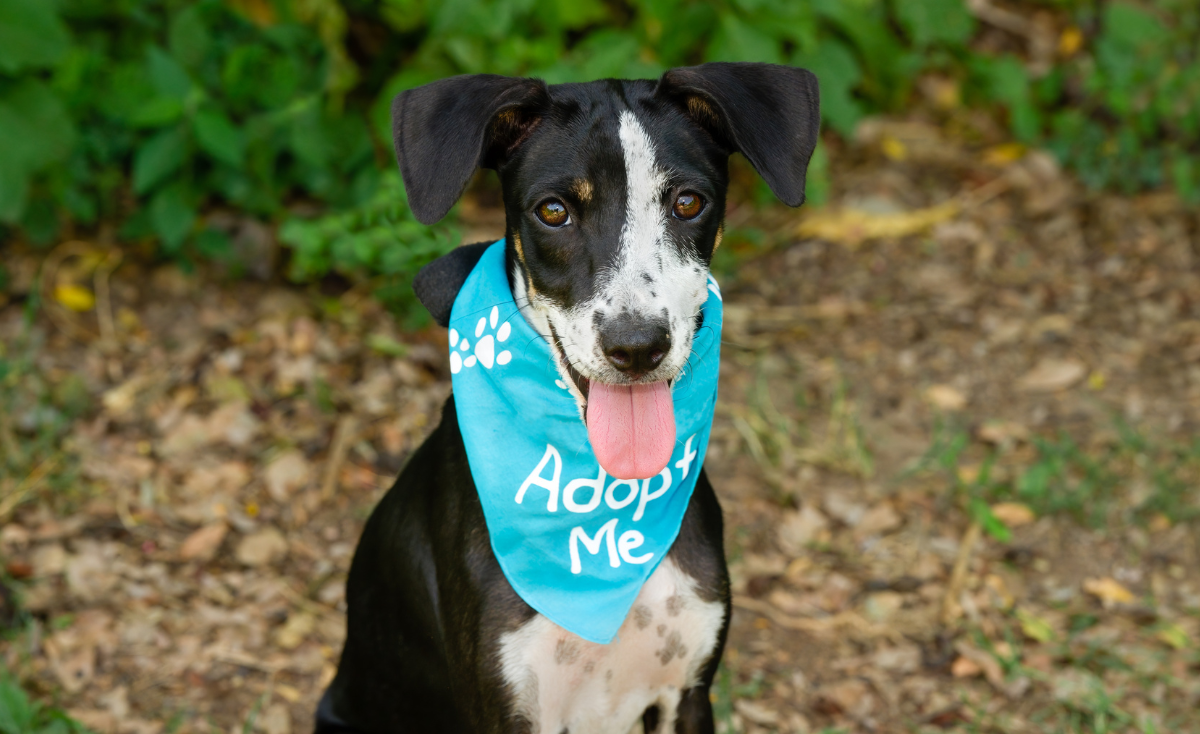

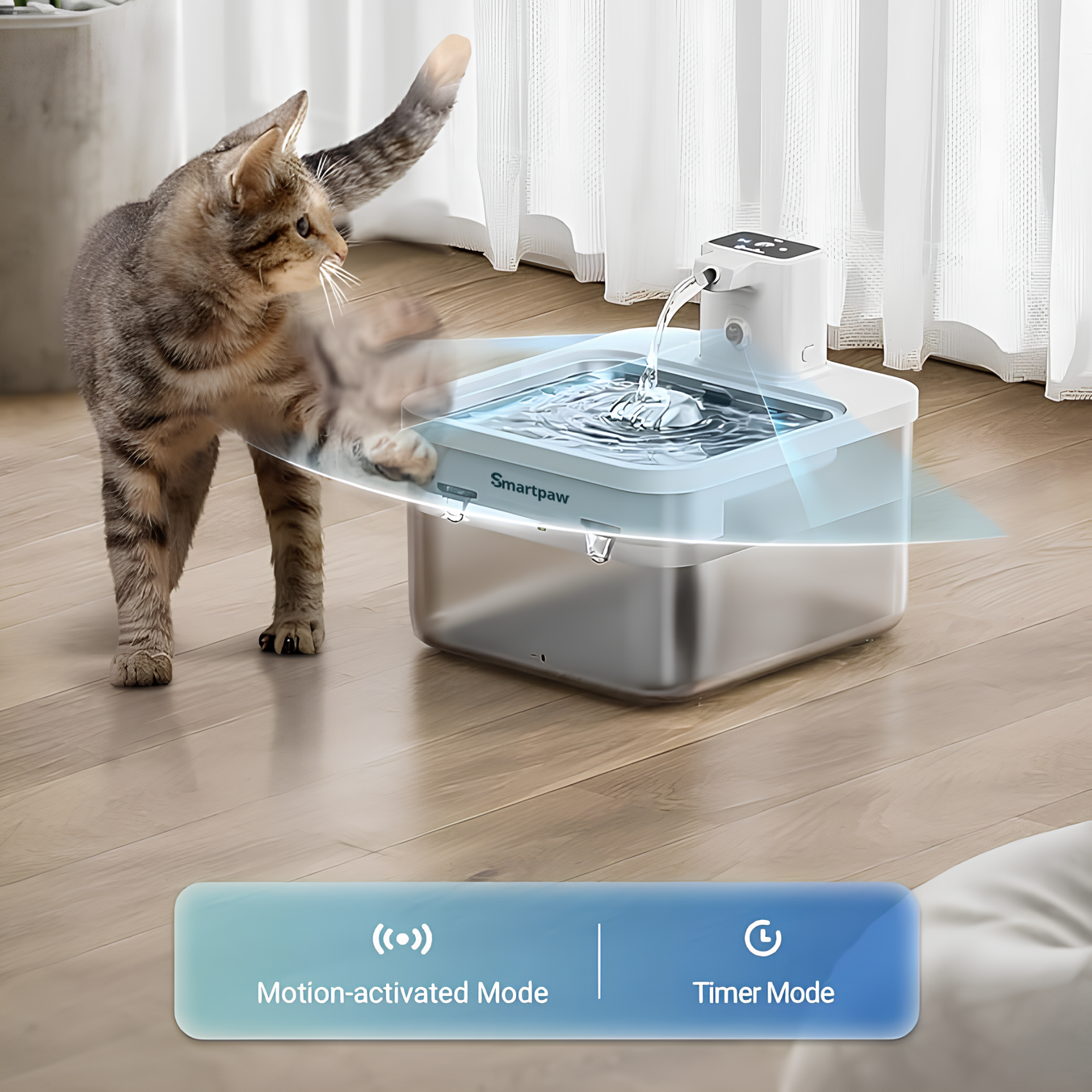
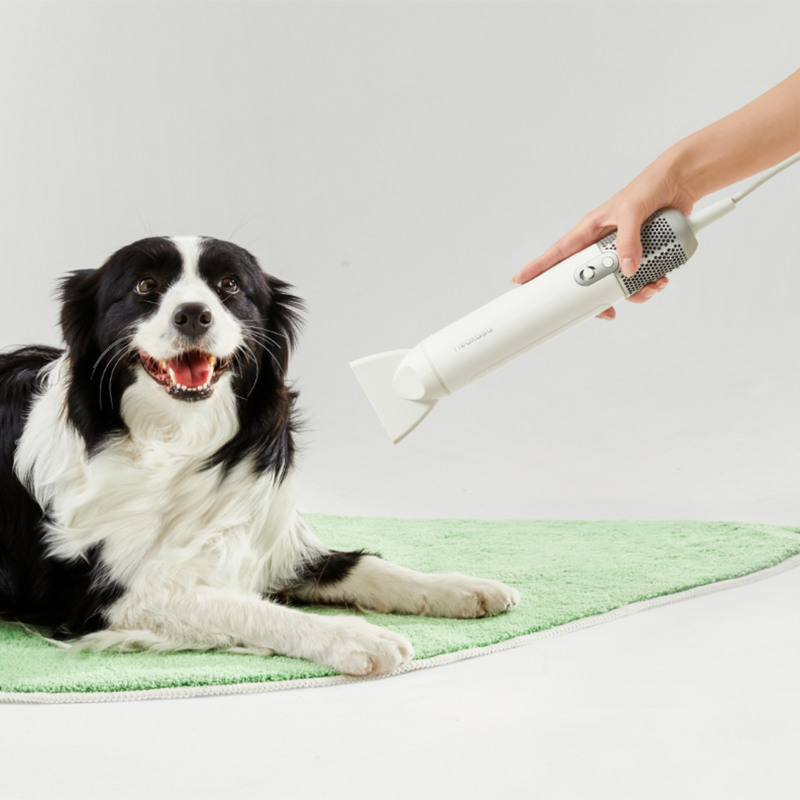




















Leave a comment
All comments are moderated before being published.
This site is protected by hCaptcha and the hCaptcha Privacy Policy and Terms of Service apply.